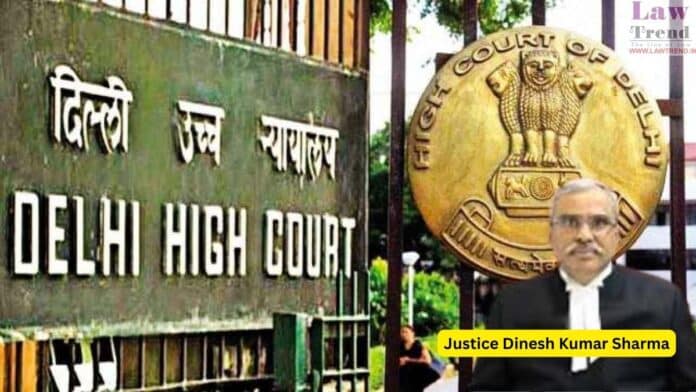In a recent court hearing, the Delhi High Court has directed the Central Bureau of Investigation (CBI) to elaborate on the causes of severe waterlogging in Old Rajinder Nagar that led to the tragic deaths of three civil services aspirants on July 27. The victims drowned in a flooded basement of a coaching center amidst heavy rainfall, raising questions about urban planning and safety regulations.
Justice Dinesh Kumar Sharma, while hearing the bail applications of the basement’s co-owners, emphasized the need to understand the specific reasons for the extraordinary flooding on the day of the incident. “What was the reason on that day? Delhi has witnessed heavy downpours. Why so much waterlogging on that day? Was it the rain or something else?” questioned Justice Sharma.
The co-owners—Parvinder Singh, Tajinder Singh, Harvinder Singh, and Sarbjit Singh—argued that as mere landlords, they should not be held accountable for the conditions leading to the flooding. They claimed their involvement was limited to leasing the property to the coaching center and requested bail on these grounds.
The court has reserved judgment on the bail pleas and asked the CBI to file a detailed report. This report should not only explain the cause of the waterlogging but also provide specifics about the rainfall on the day and any structural issues, like the installation of heavy gates at the coaching center that might have exacerbated the flooding.
Tragically lost in the incident were Shreya Yadav, 25, from Uttar Pradesh; Tanya Soni, 25, from Telangana; and Nevin Delvin, 24, from Kerala. Their deaths have spotlighted the broader issue of building compliance with safety norms, particularly in areas prone to flooding.
The case, initially handled by Delhi Police, was transferred to the CBI by the high court under the Bharatiya Nyaya Sanhita (BNS), including section 105 (culpable homicide not amounting to murder). The senior lawyer for the accused, while pleading for their release, stated, “I am in custody. I have suffered enough. Please consider… At this stage, I am only asking for liberty. I will face the trial.”
Opposing the bail, the CBI maintained that the investigation was still in preliminary stages and that bail could compromise the integrity of testimonies from independent witnesses. The court further inquired if nearby buildings had also experienced similar flooding, highlighting concerns over regional infrastructure and emergency preparedness.
During the proceedings, the court also discussed potential compensations for the families of the deceased, which the accused’s father indicated willingness to contribute towards.




